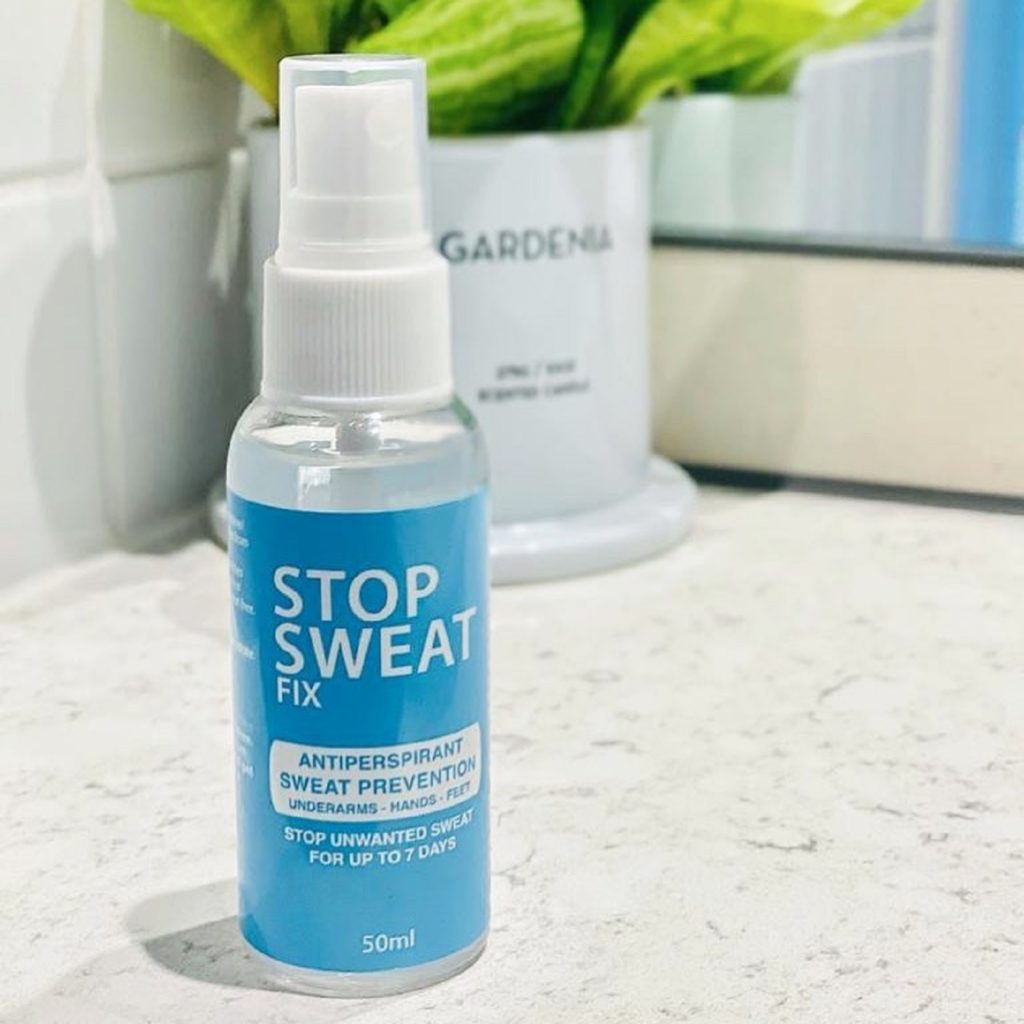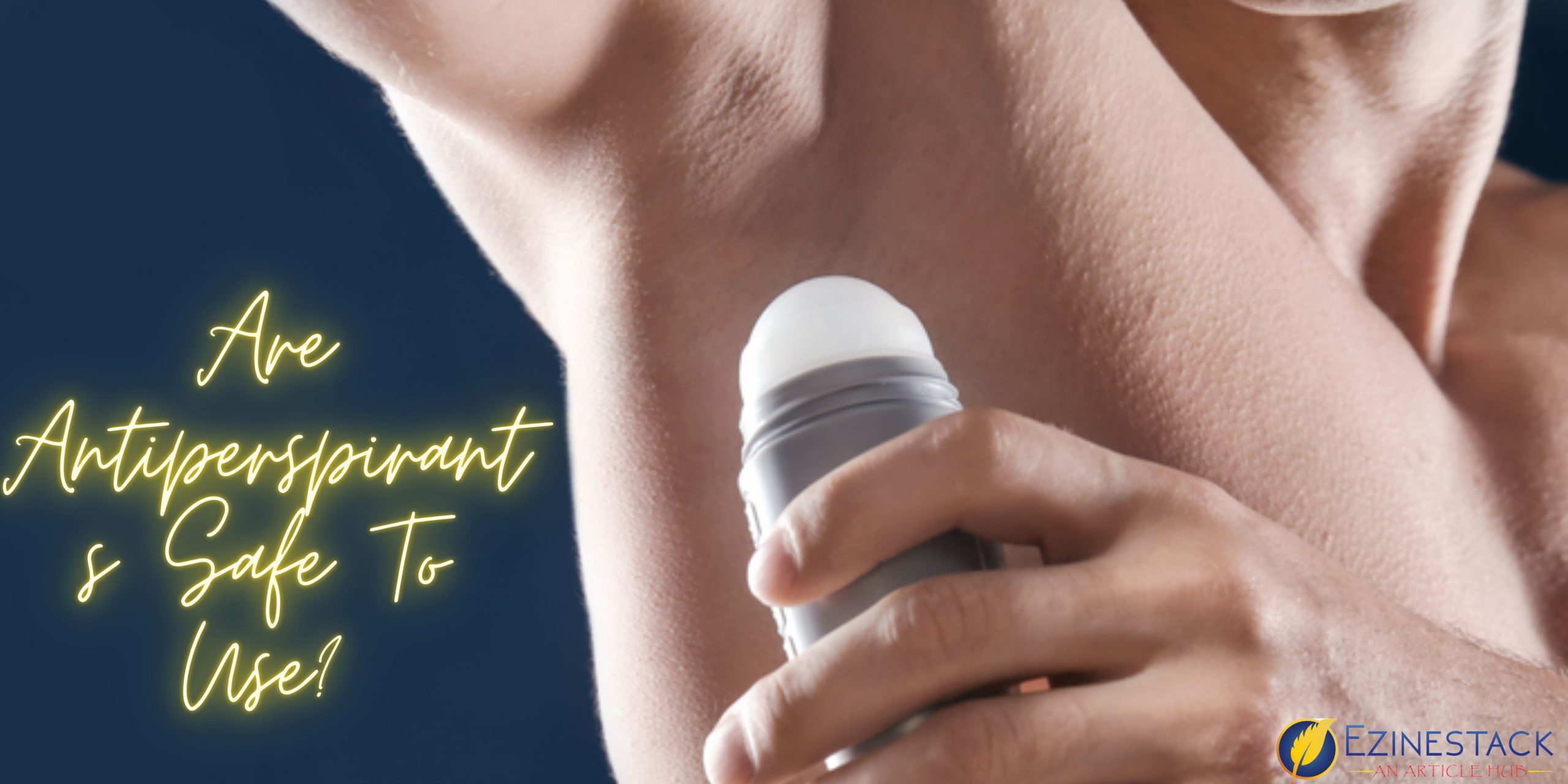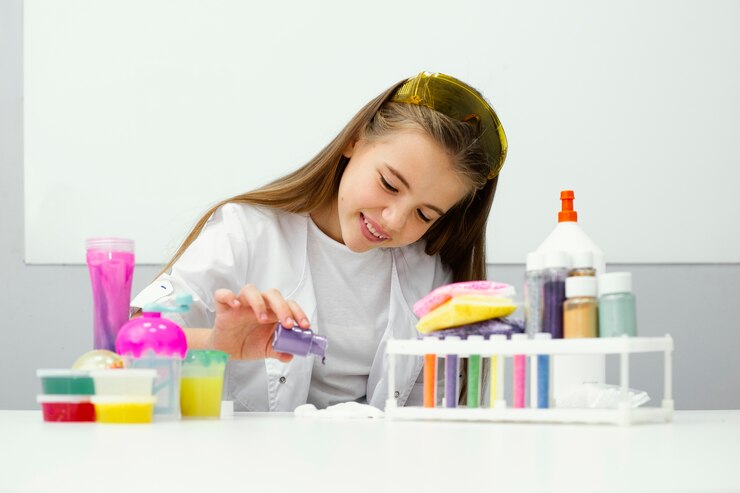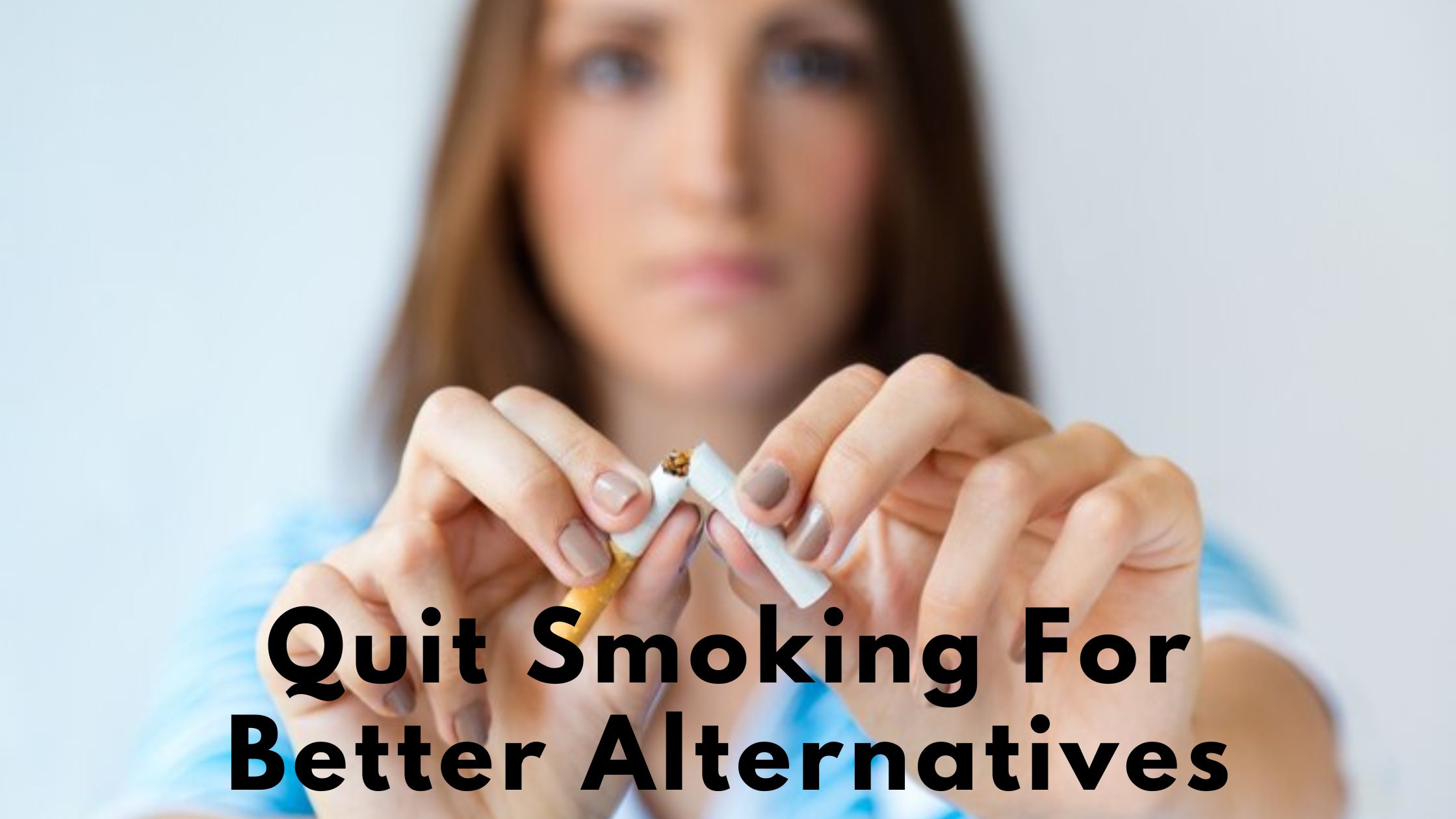Are Antiperspirants Safe To Use?
Smelly armpits, stinking feet, embarrassing moments. Most of us have been there. It’s a physiological problem few people suffer from a condition called – Hyperhidrosis.
The stink that hits you after a gruelling workout or amid something significant.
Only a few get to cover it up with a couple of deodorant wipes.
But deodorant doesn’t solve the problem literally.
Every time it gets you, is the time you panic. You douse yourself with the whole perfume bottle until the odour won’t give up.
It’s hard to feel positive when one can’t pick up their arms to cover that odour.
Thankfully, we have antiperspirants to its rescue.
But some people still google, “are antiperspirants safe?”, and eventually never try them out.
In this article, we discuss everything related to antiperspirants that you’ve been searching around this long.
What are Antiperspirants?
As SweatHelp.org says, “Antiperspirants are seen as the first line of therapy for excessive perspiration of the underarms, hands, feet and occasionally face”
Even doctors advise people with hyperhidrosis problems to try out antiperspirants, initially.
Most of us are familiar with stop sweating products applied on underarms because the odour is something we all hate.
They are applied on sweating hands and feet, and underarm. It constricts the sweat ducts, reducing sweat flow and holding the armpits dry.
How Do Antiperspirants Work?
Most antiperspirants contain aluminium-based compounds that temporarily restrict sweat pores. Once applied to the skin, perspiration in the underarm stops and discharges the antiperspirant molecules, drawing them into the pores and making superficial seals that are just below the surface of the skin.
When your body perceives that the sweat duct is sealed, a feedback mechanism stops the flow. The seal can last in place for at least 24 hours and then is wiped away.
Skin experts recommend combating hyperhidrosis with antiperspirants. Beginning with the gentler formulations and slowly advancing to heavier ones for long-lasting help.
How Are Antiperspirants Better Than Deodorants?
“Deodorants vs Antiperspirants”- is one of the highly popular google searches.
So allow us to untangle the knot.
Deodorants help in getting rid of the odour, while antiperspirants stop both sweat and odour for a time being.
Deodorants contain certain toxic chemicals, such as parabens, triclosan, phthalates, and propylene glycol. These components are often linked to skin diseases, breast cancer and female reproductive issues.
While the antiperspirants containing aluminium cause no such harm (found as of now).
However, if used unreasonably, it may cause skin irritation.
How To Use Antiperspirants?
One should try applying antiperspirants when they sweat very limited. It is usually at night, after a cool shower. During sleep, sweating is reduced and the active ingredients can take much longer to get absorbed into the sweat glands.
Try cleaning it off properly the next morning.
If you are someone who sweats profusely, it is advisable to apply it for 7 to 10 nights in a row to stop excessive sweating and then reduce the amount as you progress.

Do not fail to check the ‘directions of use’ for any product you apply.
Tip: Try applying stop sweat products on matt dry skin for the best possible results.
Precautions
The skin around the underarm is too prone to form reactions to any chemical product involved
Therefore, go for a patch test before applying.
- Some people are already at risk of developing any reaction to these products.
They include people with-
- Eczema
- Sensitive skin
- Fragrance or preservative allergy
- Susceptibility to razor burn
- Skin eruptions, injuries
- Surgeries
- Already prevalent skin disorders
- There are cases where a hair follicle gets arrested for longer periods and cysts may come out, eventually. So too much use of antiperspirants must be avoided.
- Dry mouth symptoms can result from the use of diphenyl methylsulfate. Younger people, especially kids’ products, should never contain this compound. It could cause toxicity.
- Avoiding skin irritation is the guide to success with antiperspirants, prescription and non-prescription alike: see the product’s directions, follow your dermatologist’s propositions, apply at night before bed and apply to dry skin only.
Conclusion
Now you know the good, the bad and how you will deal with your excess sweat issues.
It is better to use antiperspirants over those harmful deodorants you’ve been using for years.
Now you can avail them at home as some of the best antiperspirants for excessive sweating are available online.
Although it is not possible to permanently stop sweating, which we don’t want to ever, the perspiration should continue across the surface of the skin, allowing it to sustain the natural function of stabilising internal temperature when mandatory











